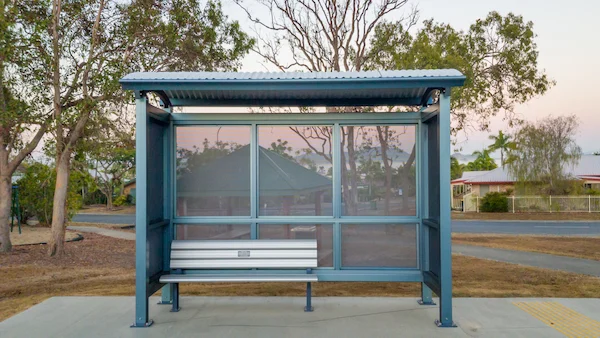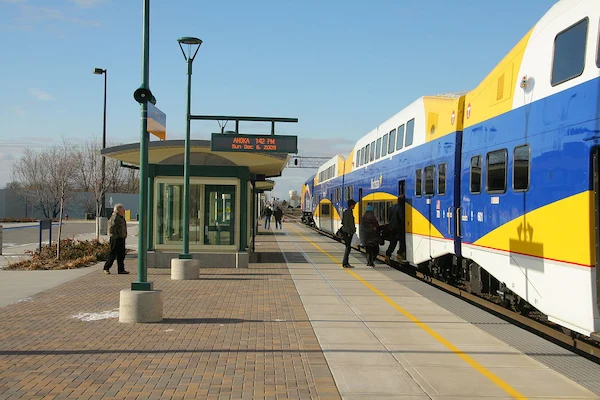What if a transportation plan didn’t start in a conference room, but with a walk around the block?
That’s what Charlottesville’s transportation staff decided to do. In 2024, they began hosting monthly neighborhood walking tours. In 2024, they launched a monthly series of neighborhood walking tours, more a wellness program than public process. The original goal was straightforward: get people moving, connect with neighbors, and maybe learn a little local history along the way.
But something else happened. Residents began pointing things out—abandoned cars, unsafe intersections, crumbling sidewalks. And because city staff were there, in person, those observations didn’t get lost in a report or buried in a spreadsheet. They landed with the people who could do something about them.
What began as a simple walking initiative evolved into a powerful tool for reconnecting Charlottesville’s government with its people.
A Culture That Shows Up
One of the earliest walks took place in Rose Hill, a historically Black neighborhood just north of downtown. That first visit wasn’t easy, Ben Chambers, Charlottesville’s transportation planning manager, admits. Residents showed up with long-standing frustrations. A city councilor tagged along, and the mood turned confrontational. Neighbors wanted answers: Why had their calls about abandoned vehicles gone unanswered? Why were corners still dangerous for pedestrians? Why did it seem like no one from City Hall had been paying attention?
But this time, staff were listening—and taking notes. And when they returned to City Hall, they started addressing what they’d heard.
In the months that followed, the city:
- Reformed its code enforcement to better address long-term vehicle abandonment
- Collaborated with property maintenance staff to clear overgrown trees and improve walkability
- Installed quick-build traffic calming measures at one of the corners neighbors had flagged
When the walking tour returned to Rose Hill nearly a year later, the tone had changed completely. “It was very chill,” Chambers says of the second walk. “There was still some neighborly grumbling, but a lot of the issues of, ‘Hey, the city isn’t paying attention,’ were resolved—in part because we were there the first time.”
These walks weren’t originally pitched as feedback sessions, but they’re now one of the city’s most effective tools for surfacing issues, building relationships, and starting conversations that lead to change. They’ve become especially valuable in neighborhoods where city-led planning efforts are just beginning. In Rose Hill, the walking tour helped lay the groundwork for a future small area plan. Trust, often a missing ingredient in civic engagement, had already started to form.
“People want to tell you about their neighborhood,” says Chambers. “It may not be complaints. It may just be, ‘I want to tell you the history of this place and why it’s important we keep that history alive.’”
In Charlottesville, It’s Not Just Walks
Charlottesville’s walking tours are just one piece of a broader effort to make the city less car-dependent. Another standout initiative? An e-bike voucher program that provides selected residents with up to $1,000 toward the purchase of a locally sourced electric bicycle.
The program is intentionally structured as a lottery, not a first-come, first-served race—making it more accessible for residents who can’t drop everything to hit “submit” at a particular time of day. Better still, the vouchers can only be used at local bike shops, keeping money in the local economy while nudging the market toward more affordable options.
“One of the bike shops saw the opportunity and brought in lower-cost models,” Chambers explains. “Now, the others are following suit. We’re actually shifting the market.”
That shift is already rippling outward. Chambers says some residents who didn’t win vouchers are still buying e-bikes, thanks to the price drops. And to close the affordability gap further, the city is launching a companion program that gives bikes directly to residents identified through social service and workforce development channels.
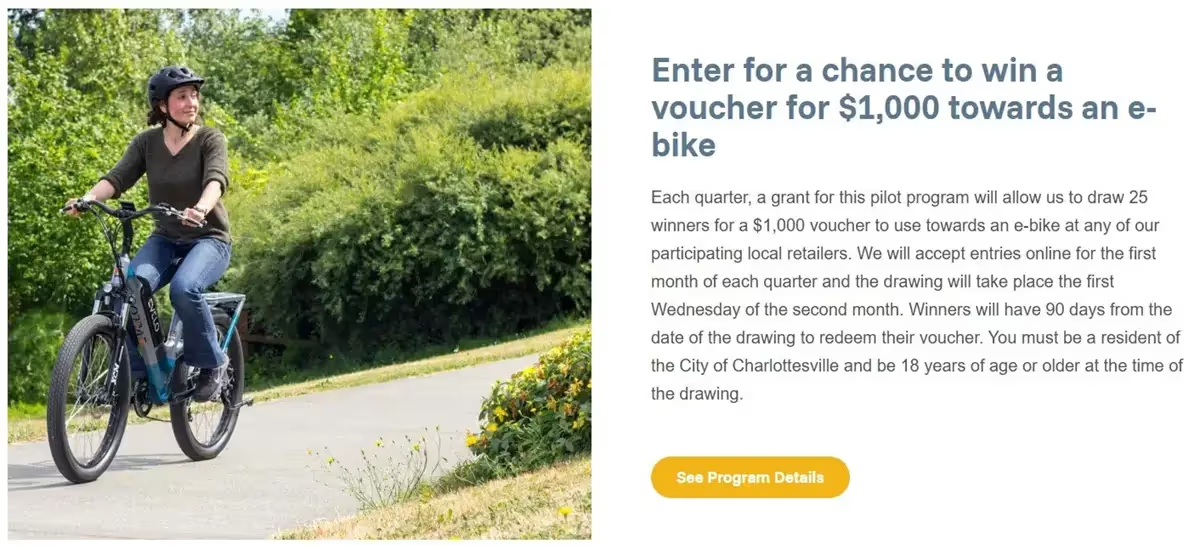
Culture Shift, One Step at a Time
From walks to wheels, Charlottesville is showing what a people-centered transportation strategy looks like—one rooted in presence, follow-through, and everyday action.
“We’re trying to build a change of culture in our community that supports biking and walking and transit use as well,” Chambers said. That culture isn’t built in a day, but with every sweaty Sunday walk and every smiling e-bike recipient, Charlottesville is building something stronger than a transportation network: it’s building trust.

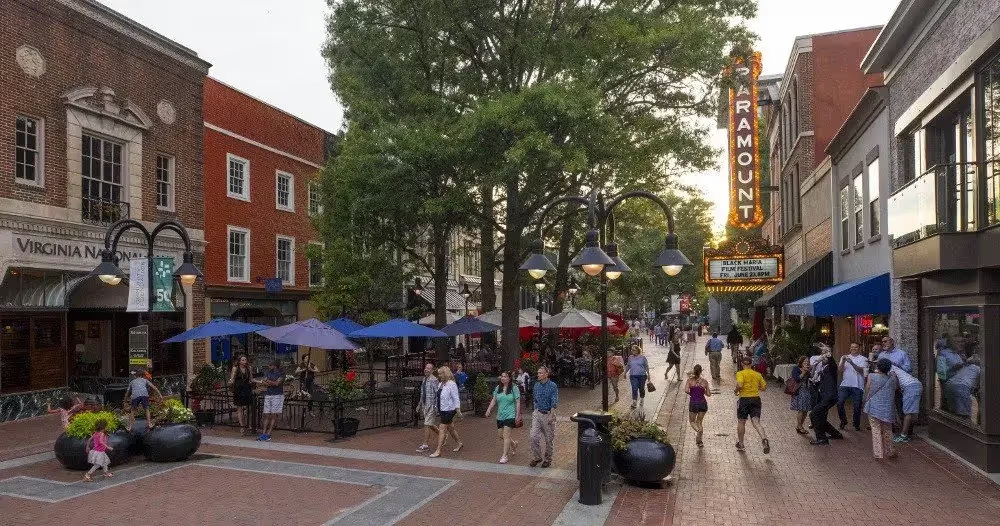
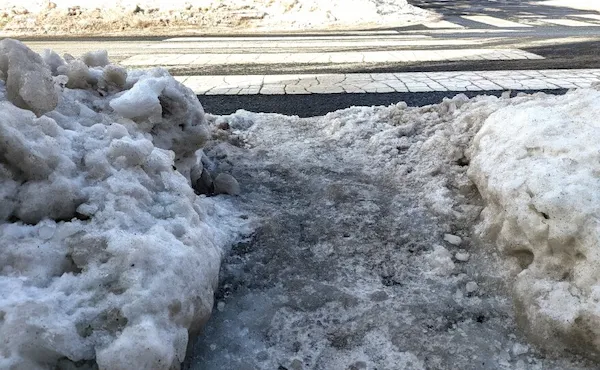
.webp)
